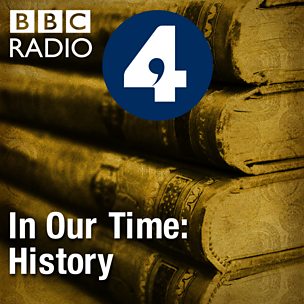In Our Time: History - The Shimabara Rebellion
Download The Shimabara Rebellion
Melvyn Bragg and guests discuss the Christian uprising in Japan and its profound and long-term consequences.
In the 1630s, Japan was ruled by the Tokagawa Shoguns, a military dynasty who, 30 years earlier, had unified the country, ending around two centuries of civil war. In 1637 a rebellion broke out in the province of Shimabara, in the south of the country. It was a peasants’ revolt, following years of bad harvests in which the local lord had refused to lower taxes. Many of the rebels were Christians, and they fought under a Christian banner.
The central government’s response was merciless. They met the rebels with an army of 150 000 men, possibly the largest force assembled anywhere in the world during the Early Modern period. Once the rebellion had been suppressed, the Shogun enforced a ban on Christianity and expelled nearly all foreigners from the country. Japan remained more or less completely sealed off from the rest of the world for the next 250 years.
With
Satona Suzuki
Lecturer in Japanese and Modern Japanese History at SOAS, University of London
Erica Baffelli
Professor of Japanese Studies at the University of Manchester
and
Christopher Harding
Senior Lecturer in Asian History at the University of Edinburgh
Producer Luke Mulhall
Published on Thursday, 8th June 2023.
Available Podcasts from In Our Time: History
Subscribe to In Our Time: History
We are not the BBC, we only list available podcasts. To find out more about the programme including episodes available on BBC iPlayer, go to the In Our Time: History webpage.
